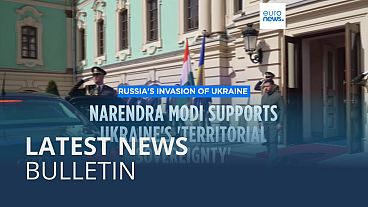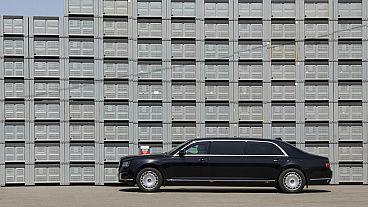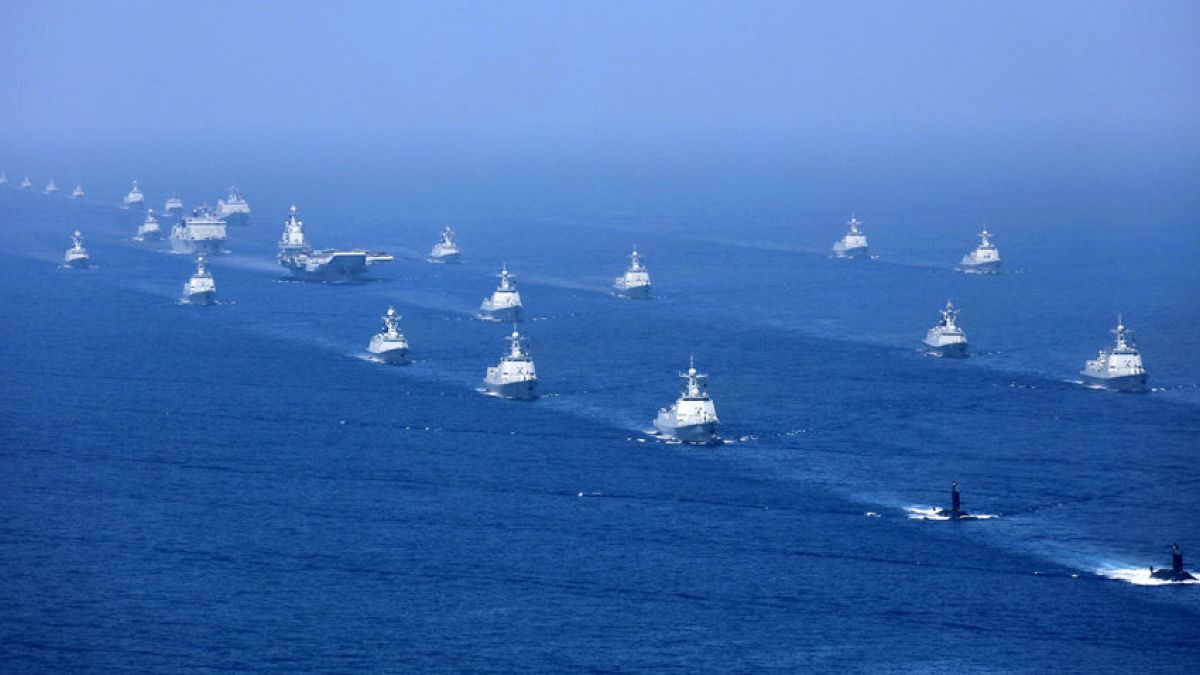The exercise began in the Guangdong province on Sunday and is expected to last until mid-July.
China and Russia’s naval forces kicked off a joint military exercise only days after NATO allies called Beijing a “decisive enabler” of the war in Ukraine.
Forces from both sides patrolled the western and northern Pacific Ocean on Sunday, according to the Chinese defence ministry.
However, the ministry also said in its brief statement that the operation had nothing to do with international and regional situations and did not mean to target a third party.
The exercise began in the Guangdong province on Sunday and is expected to last until mid-July.
It aimed to demonstrate naval capability in addressing security threats and preserving peace and stability, according to Chinese state broadcaster CCTV.
The joint drills came on the heels of China’s latest tensions with NATO allies last week.
'Threat to our security'
Only days ago, NATO Deputy Secretary General Mircea Geoană said China was seen as directly enabling the war between Russia and China.
He described China as a “partner of Russia” in an interview with Euronews and said the nation was a “threat to our security.”
A sternly worded communiqué from NATO expressed concerns over Bejing’s nuclear arsenal and its capabilities in space, making it clear that China is becoming a focus of the military alliance.
Tensions in the region remain high, however a recently signed agreement will reportedly open a direct line of communication between China and the Philippines’ presidential offices to prevent any new confrontation from spiralling out of control in the South China Sea.
In the past, China and the Philippines have had similar emergency telephone hotlines at lower levels of their government to better manage any disputes.
The Philippines have previously accused Chinese forces of increasingly hostile actions, and China said ships from the Philippines have encroached despite repeated warnings.
The territorial faceoffs have persisted in the last year, sparking fears of a larger armed conflict that could involve the US — which has repeatedly warned that it’s obligated to defend the Philippines if they come under armed attack.












